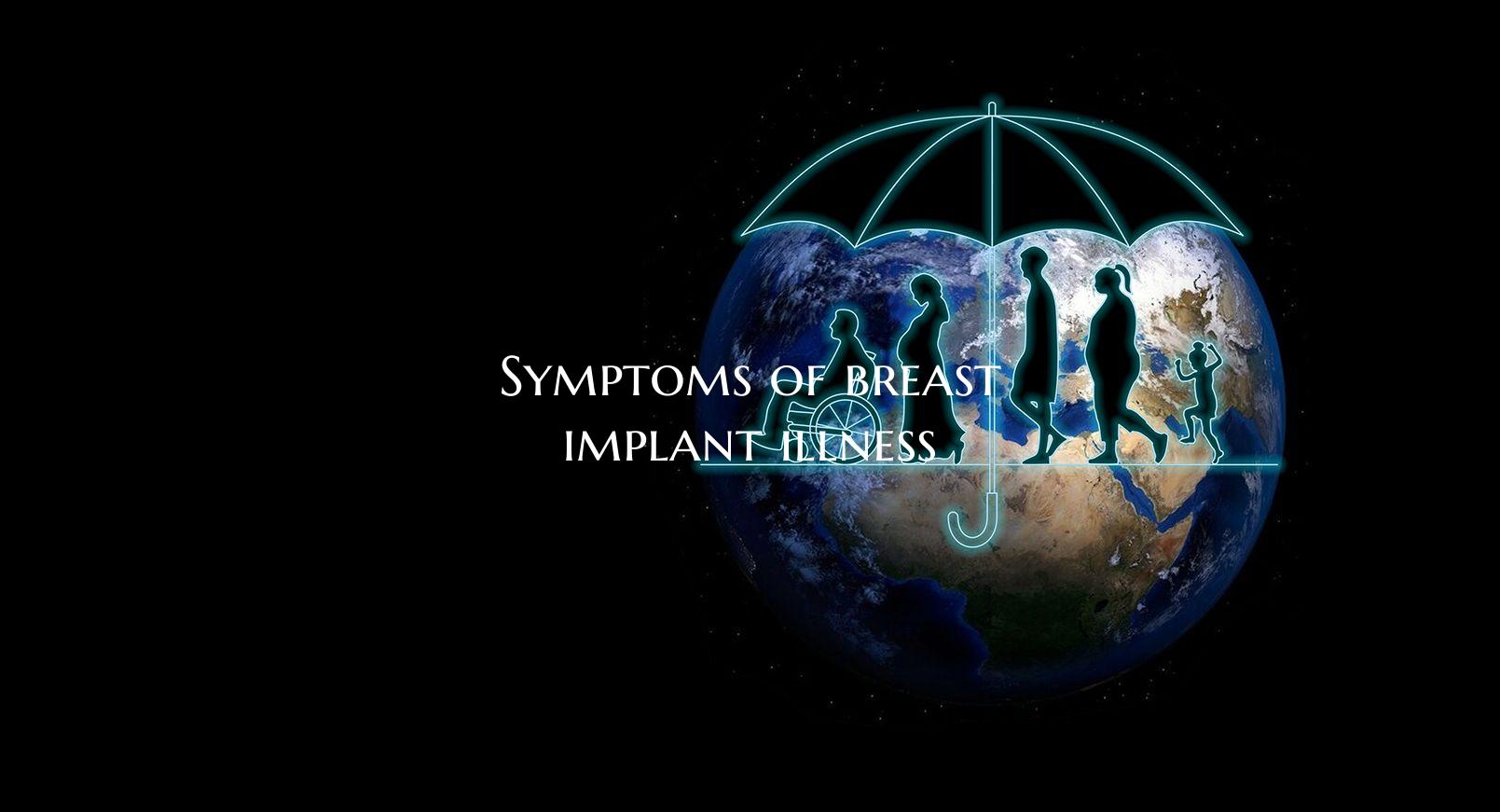
Symptoms of breast implant illness
Breast implant illness (BII) refers to a range of symptoms that some individuals with breast implants may experience. While not officially recognized as a medical diagnosis, many women have reported experiencing various symptoms that they attribute to their breast implants. Recognizing these symptoms is important for individuals with breast implants to seek appropriate medical advice and make informed decisions about their health.
Here are some common symptoms associated with breast implant illness:
1. Fatigue: Feeling persistently tired or lacking energy, even after getting adequate rest, is a common complaint among individuals with breast implant illness.
2. Joint and muscle pain: Pain and discomfort in the joints and muscles, which may be widespread or localized, can impact mobility and daily activities.
3. Cognitive difficulties: Some people with breast implant illness report experiencing cognitive issues such as brain fog, memory problems, and difficulty concentrating.
4. Skin problems: Skin rashes, itching, dryness, and other dermatological issues have been reported by individuals with breast implants.
5. Digestive problems: Gastrointestinal symptoms like bloating, gas, constipation, or diarrhea may occur in some individuals with breast implant illness.
6. Autoimmune-like symptoms: Some individuals with breast implant illness present with symptoms resembling autoimmune conditions, such as joint swelling, fever, and inflammation.
7. Breast pain and swelling: Pain, tenderness, or swelling in the breasts, sometimes accompanied by changes in breast shape or implant position, can be signs of breast implant-related issues.
8. Unexplained weight changes: Sudden weight gain or loss without a clear cause can be another symptom associated with breast implant illness.
It is essential to emphasize that these symptoms are non-specific and can be caused by various medical conditions other than breast implant illness. However, if you have breast implants and are experiencing persistent or severe symptoms, it is important to consult a healthcare provider familiar with breast implant issues. Seeking a thorough evaluation and discussing your concerns openly with a healthcare professional can help determine the appropriate course of action for your individual situation.
Ultimately, being knowledgeable about the potential symptoms of breast implant illness empowers individuals to prioritize their health and well-being, leading to informed decisions regarding their breast implants and overall health management.